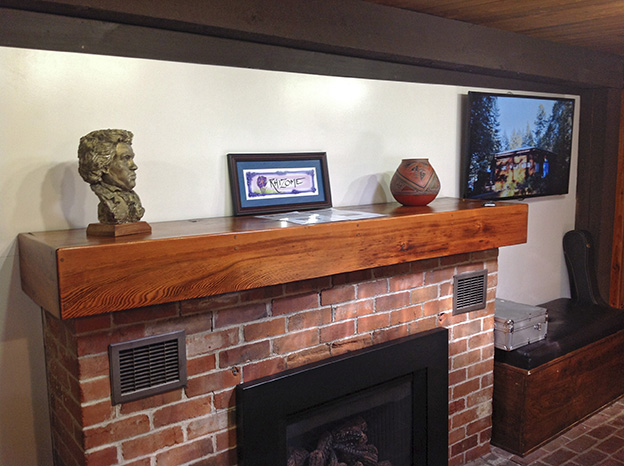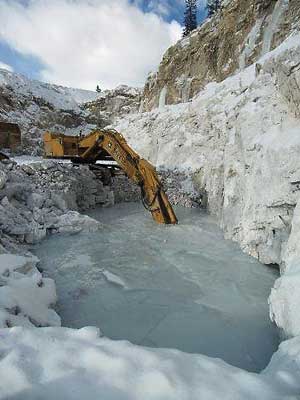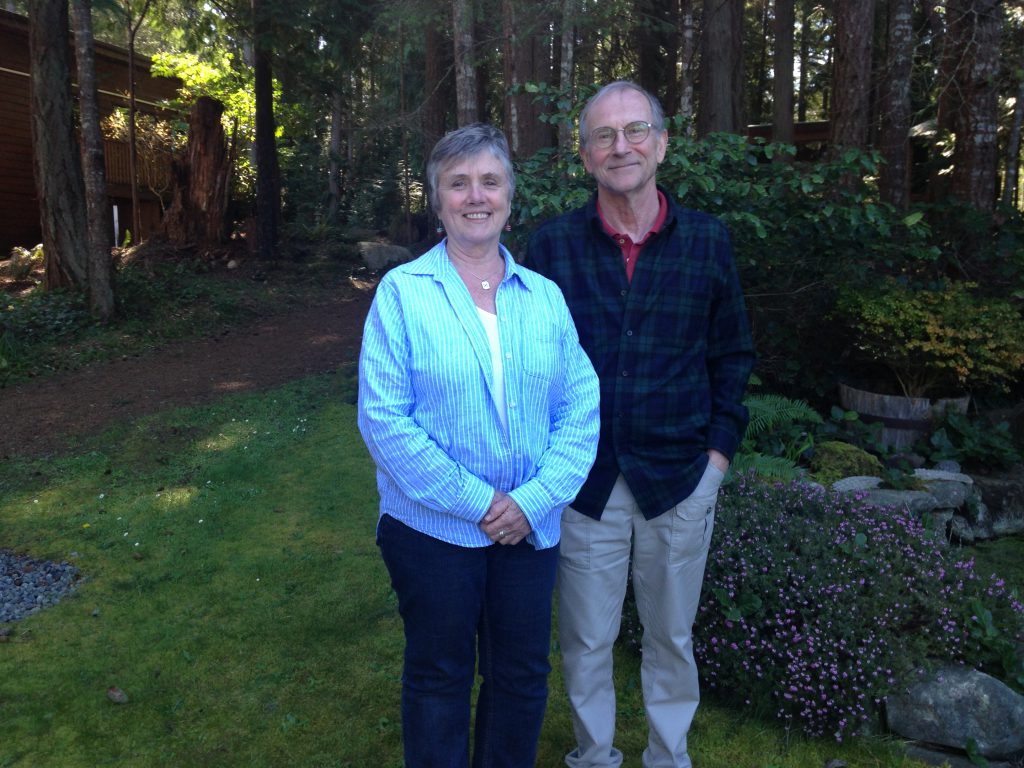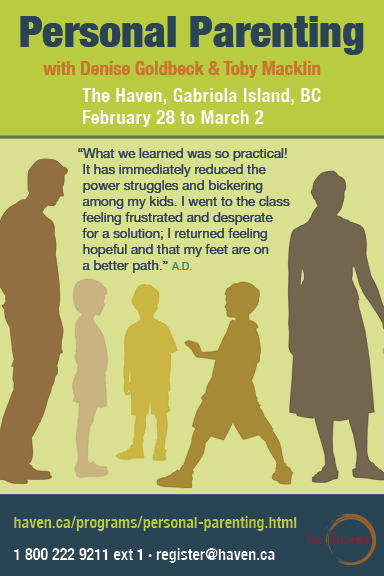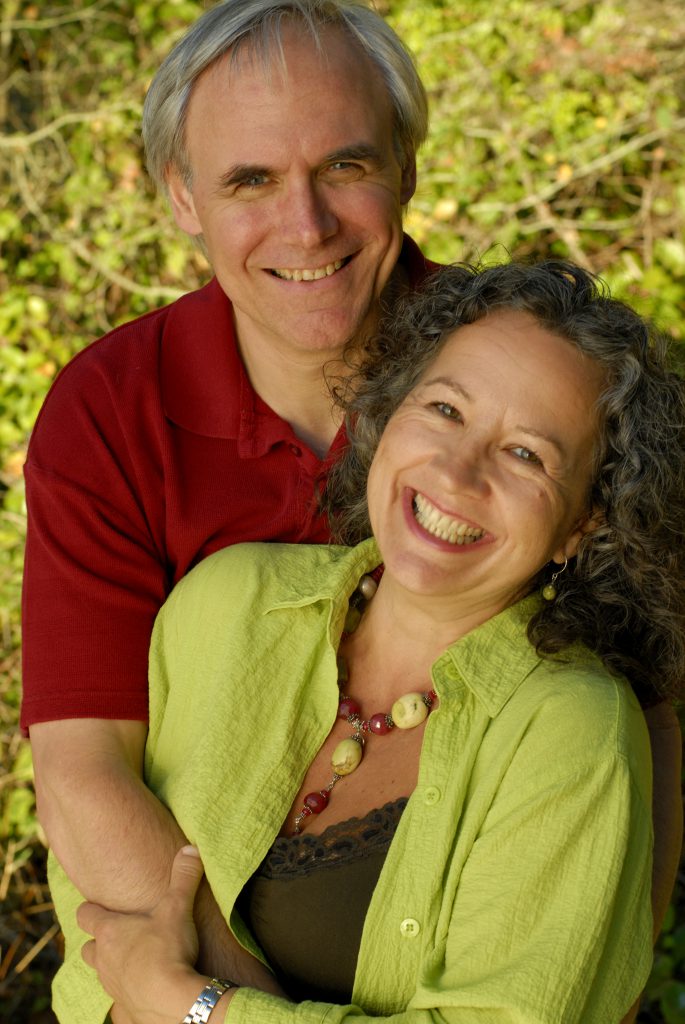How Surfacing Conflict Saved My Life
Susan Clarke recounts how learning to surface conflict was key to her recovery from cancer and a traumatic past.
By Susan Clarke. Susan and her partner CrisMarie Campbell are leading Couples Alive I (June 23–27) and Couples Alive II (August 4–8) this summer at The Haven – their powerful work with couples is informed by the principles Susan describes in this article. Also coming up soon… A Process Oriented Approach to Conflict (June 27–30).
*************************
I read a lot of headlines in business magazines and journals: “How to Defuse Conflict,” “Manage Conflict Better,” or “Make it Safe.” All of these titles sound intriguing. Of course I should want to defuse tension, manage conflict well, and make it safe for others.
I did that for a very long time in my life, and it almost killed me.
So I have a very strong opinion that when it comes to conflict, defusing, managing, or making it safe are not the best things we can do.
How Surfacing and Using Conflict Saved My Life
Years ago, when I was in my early twenties, I was dealing with a health crisis. In the course of trying to get healthy, I found myself smack in the middle of conflict.
The conflict first surfaced when my medical team wanted to understand scar tissue they were finding in my body, and I did not have answers to their questions. The evidence surfacing in my body indicated trauma, and internal scarring from a long time ago. I had no memories of what had happened. I was torn. I had one story about my childhood, but my body had another.
Let’s Try Defusing
At first I tried to defuse the problem. Because I didn’t have the answers they were pressuring me for, I provided a series of possible answers. I didn’t have any idea if my answers were true, but they reduced the pressure from the doctors. That worked temporarily, but my health was not improving. It wasn’t until I started to look deeper into my past, and began to uncover some of the story behind the scars that I realized my fears of surfacing the conflict were actually stopping me from getting healthy.
I spoke up about what I was discovering, and my health outlook took a significant turn.
Not In Kansas Anymore
I got told I was dealing with cancer.
I bet you thought I was going to say I started getting better. Unfortunately, that wasn’t my experience. No, my efforts to surface the conflict inside me and find my voice led to things getting much worse.
However, the difference was that there was now a way to treat and work with my health in a way that was not possible when the conflict was being avoided, defused, or buried.
Beginning to make meaning of all that I was uncovering, and finding my voice brought the conflict out so that it was no longer just inside me.
What I was remembering, however, had implications for my family and my community. Suddenly, I was in conflict with others.
Things continued to get worse. My memories involved some traumatic events in my past, which others did not think, or want to believe, had happened. My parents disagreed with the storyline I was remembering.
In particular, the memories I was surfacing involved a high profile member of our community, and no one was open to considering or talking about that.
Safe? No.
The conflict became threatening. I received a direct message to stop looking and exposing things from the past. I was scared, and I questioned if it was worth it to continue.
At one point, someone I was close to even told me, “You would be better off dead than in the middle of all this.”
However, as the conflict was raging outside of me, and I was continuing to speak my truth as best I could, my cancer started responding. I was physically getting healthier.
Managing?
I knew one option was to manage the conflict that was showing up everywhere around me by going silent. Some part of me thought it would be easier.
However, another part of me knew silence would cause my health to plummet. So I literally walked away from the storyline that was killing me. I left my home in the states and moved to Canada, where I stayed for 14 years.
Walking away from the life that I knew was not easy, comfortable, or safe. It took me many years, and a lot of work on myself – physically, mentally, emotionally and spiritually – to begin to find my own feet and new way of being in the world.
It changed the way I approached life and conflict.
Two Magic Ingredients
Fortunately, I was able to find people and a place, The Haven, that helped me find a way out of the right/wrong trap that had characterized my experience so far.
I discovered the power of being vulnerable, meaning exposing myself to danger. I also discovered the power in being curious, meaning having my story and at the same time holding a space and genuine interest in the perspective and story of others.
Sharing parts of my story and letting people around me know about my uncertainty about the past was painfully difficult, and yet each time I opened up without fighting for my ‘truth,’ I was met with acceptance – not validation but contact and connection. That connection allowed me to begin to more fully accept myself. I also discovered when I did not have to fight for a truth, I could become much more curious and interested in other people’s ideas and opinions and more open to possibilities.
Being both vulnerable and curious involves living in the tension of there being no one reality or one right path. In that place there is an aliveness that is not about being safe. In fact, it is quite the opposite. It is about stepping out without a safety net. In that place I discovered a new possibility and a creative way to go forward.
For me it is a place of faith – a simple belief in the continuity of life, beyond right and wrong.
The Fine Line
Those years of coming to terms with my own life and walking in the choice point between going silent, or risking speaking my truth and living with the consequences, have led to what is now my passion and mission.
I did turn my health around and have been working now for over twenty years creating a space for people to show up fully in their differences and use the tension in that conflict to discover and transform fixed and narrow storylines.
Not all situations involving conflict have the same degree of life or death charge. However, I know that choice point is always there. Sometimes it is a fine line we must walk. Will we go into the place of vulnerability and curiosity or will we opt for safe, secure, right/wrong?
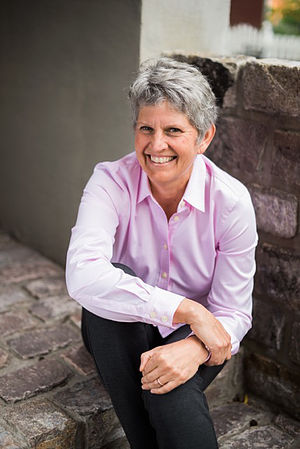
If we get too comfortable by avoiding, defusing, and managing conflict, we are deadening ourselves from transformation, innovation, and creativity. It won’t kill us yet – but it is a very slippery slope. One I don’t think is worth going down.
So, I will continue to speak up for using the energy of conflict, risking and exposing ourselves to the danger and also the possibility beyond what we know.
I do have faith in our ability to hold the tension and create a space between us for greater possibility to emerge, and I have no illusions that it will be safe, feel good, or be easy. It is simply the only path to something outside of our current storyline, and that is where innovation and possibility lie.
*****************************************
A member of The Haven’s core faculty, Susan Clarke is a consultant, coach, and speaker at thrive!inc. Thrive! helps business leaders and their teams use the energy of conflict, rather than defuse it, to get to innovative, profitable business results. Susan and her co-founder CrisMarie Campbell have published The Beauty of Conflict: Harnessing Your Team’s Competitive Advantage and The Beauty of Conflict for Couples. Their TEDx Talk Conflict – Use It, Don’t Defuse It! is on You Tube.
This article was first published in 2015.
Did you enjoy your read? Get bi-monthly updates straight to your inbox. That’s right, just one email every two weeks with a collection of great new content, plus an invitation to contribute too!


